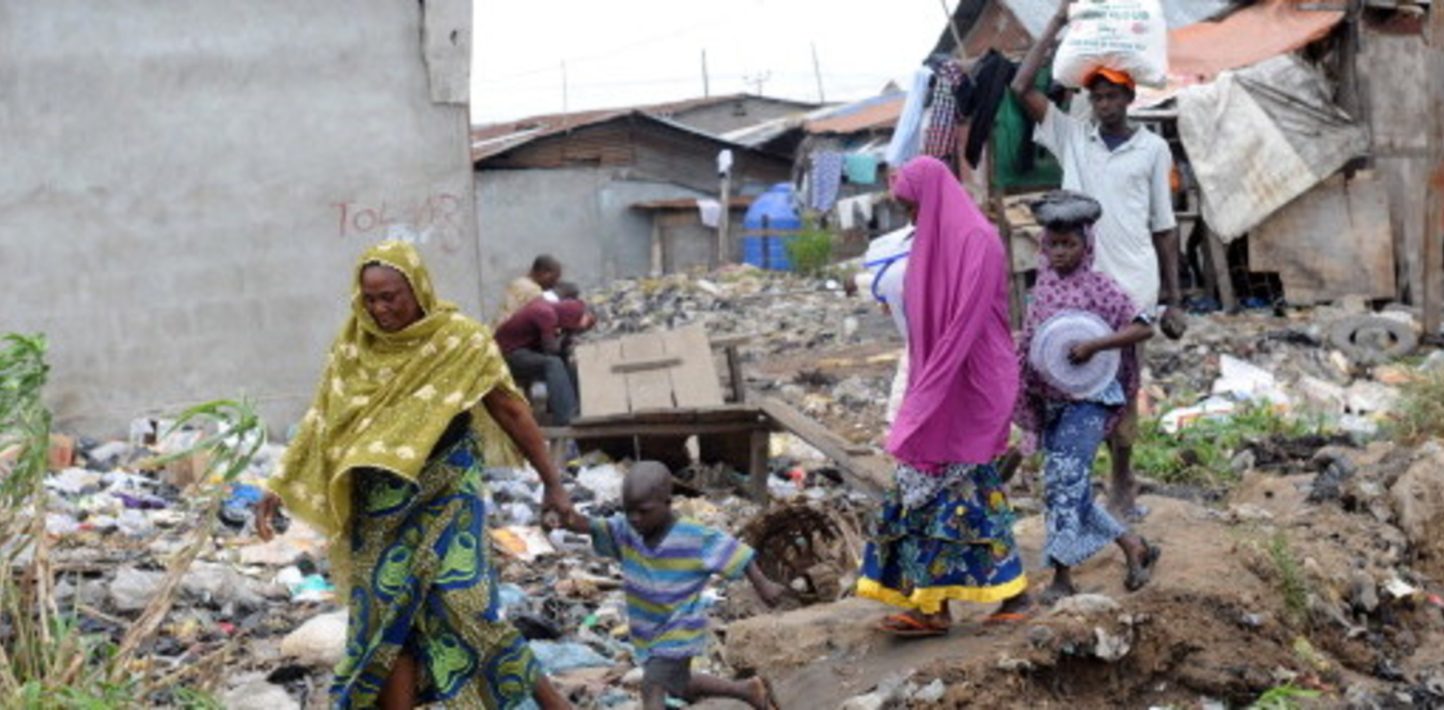As Nigerians prepare to go to the polling stations to elect their President on 28 March, we take a look at some of the main human rights issues facing people living in Africa’s most populous, oil-rich country.
How bad is the human rights situation in Nigeria?Pretty shocking. Boko Haram’s bloody onslaught in north-east Nigeria and the military’s heavy-handed response has killed thousands of civilians and forced hundreds of thousands to flee. Women, men and children live in constant fear of murder and abduction by Boko Haram and of arbitrary arrest, unlawful detention, torture and even execution at the hands of the military.
But it is not just the violence in the north-east of the country that is extremely worrying. The problems within Nigeria’s justice system, for example, are deeply entrenched.
68% of the 55,000 people held in Nigeria’s overcrowded prisons have been convicted but have been waiting, many for years, for their cases to conclude. Those who have been convicted often faced grossly unfair trials – with many having suffered torture and lacking access to a lawyer. More than a thousand people are currently languishing on death row, awaiting the day when the State decides to kill them. Ironically, those who commit human rights violations rarely face prosecution.
Poverty and inequality are also major issues, with millions of people lacking access to adequate housing, being forcibly evicted from their homes and even lacking drinking water.
Around the Niger Delta, entire communities live at the mercy of unscrupulous oil companies who have polluted their land, devastating the environment that people depend on for food, water and livelihoods. Oil spills caused by both aging pipelines and illegal activity such as oil theft are notorious and endemic, but the companies do not clean up properly, if at all.

